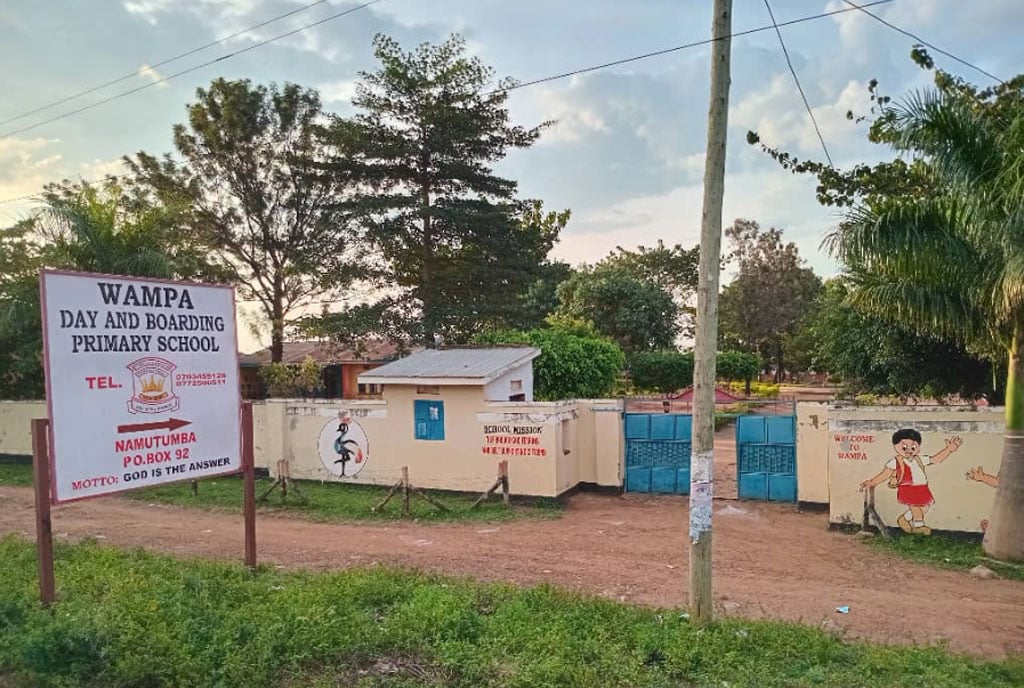Prime
Corruption in police must stop, Museveni again warns

President Museveni and deputy IGP pose for a photo with other police officers at State House, Entebbe after the meeting. PHOTO | PPU
President Museveni has once more told police officers to stop corruption practices.
Mr Museveni was meeting senior police officers led by the Deputy Inspector General of Police, Gen Paul Lokech, at State House Entebbe over the weekend.
“I have strongly warned them against involvement in corrupt practices. Corruption in the Police Force should stop,” Mr Museveni tweeted on Sunday.
This comes at a time when police have been named the most corrupt government institution in the findings of the Fourth National Integrity Survey report 2019/2020 that was released last month.
A joint survey by the Inspectorate of Government and Uganda Bureau of Statistics (Ubos), revealed that 70 per cent of respondents in 128 functional districts at the time of the poll, named the regular police as the most corrupt.
Within the force, the traffic police was named most corrupt by 67 per cent of the respondents followed by Criminal Investigations Department (57 per cent).
However, this is not the first time Police has been named as a corrupt institution of government, the norm has been quite constant in previous reports done by different stakeholders.
The president, in the same meeting, tasked the force on proper methods of arresting suspects.
“The police should heed my earlier communication on proper methods of arresting suspects, handling citizens and foreign guests. Do not harass, beat, push or bark at wanainchi for whatever reason,” Mr Museveni said.
“For retrogressive groups and hostile crowds, the security organs are guided by the legitimate means of the security forces on how to handle them. Do not let anybody threaten lives and property of Ugandans,” he said.
Police officers have been cited in numerous reports as one the leading government body that violate human rights.
The police have consecutively for the past three years topped the list of violators of press freedom.
They have been severally accused by human rights activists of misapplying the Public Order Management Act to unfairly restrict legitimate assemblies of rights defenders, political civil actors.



